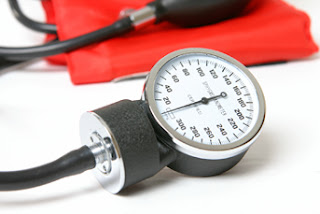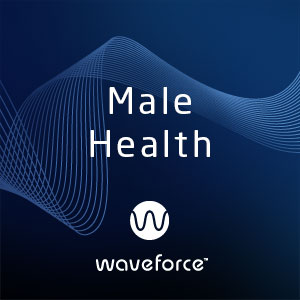How To Prevent Stroke Naturally.
 Up to 80 percent of all strokes can be prevented—start reducing risk now.
Up to 80 percent of all strokes can be prevented—start reducing risk now.Although stroke can happen to anyone, certain risk factors can increase chances of a stroke. However, studies show that up to 80 percent of strokes can be prevented by working with a healthcare professional to reduce personal risk. It is important to manage personal risk and know how to recognize and respond to stroke signs and symptoms.
Stroke Prevention Guidelines
The following Stroke Prevention Guidelines will help you learn how you may be able to lower your risk for a first stroke.
National Stroke Association's Stroke Prevention Advisory Board, an elite group of the nation's leading experts on stroke prevention, established the first Stroke Prevention Guidelines. They were published in a 1999 issue of Journal of the American Medical Association (JAMA) and have been updated to reflect current medical standards.
Talk to a healthcare professional and follow these guidelines.
Know blood pressure (hypertension)
High blood pressure is a major stroke risk factor if left untreated. Have blood pressure checked yearly by a doctor or at health fairs, a local pharmacy or supermarket or with an automatic blood pressure machine.
Identify atrial fibrillation (Afib)
Afib is an abnormal heartbeat that can increase stroke risk by 500%. Afib can cause blood to pool in the heart and may form a clot and cause a stroke. A doctor must diagnose and treat Afib.
Stop smoking
Smoking doubles the risk of stroke. It damages blood vessel walls, speeds up artery clogging, raises blood pressure and makes the heart work harder.
Control alcohol use
Alcohol use has been linked to stroke in many studies. Most doctors recommend not drinking or drinking only in moderation - no more than two drinks each day.
Know cholesterol levels
Cholesterol is a fatty substance in blood that is made by the body. It also comes in food. High cholesterol levels can clog arteries and cause a stroke. See a doctor if your total cholesterol level is more than 200.
Control diabetes
Many people with diabetes have health problems that are also stroke risk factors. A doctor and dietician can help manage diabetes.
Manage exercise/diet
Excess weight strains the circulatory system. Exercise five times a week. Maintain a diet low in calories, salt, saturated and trans fats and cholesterol. Eat five servings of fruits and vegetables daily.
Treat circulation problems
Fatty deposits can block arteries carrying blood to the brain and lead to a stroke. Other problems such as sickle cell disease or severe anemia should be treated.

